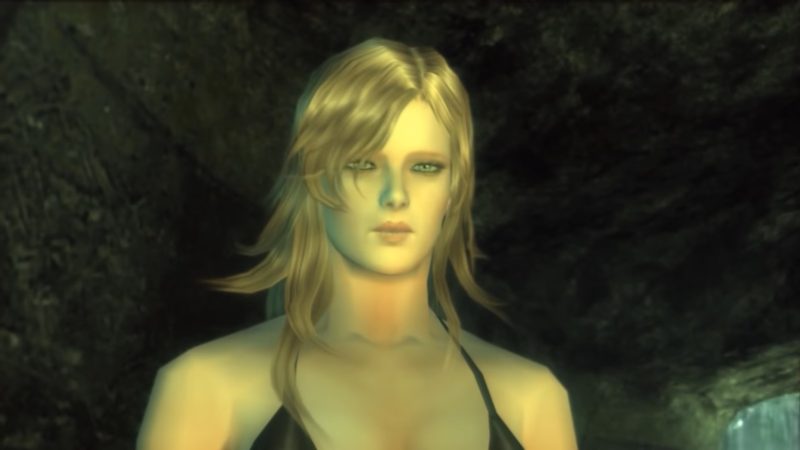Metal Gear, a name that reverberates with nostalgia for many gamers, is back under the limelight. With the impending release of the Metal Gear Solid: Master Collection Vol. 1 on October 24, it promises a revival of classics Like Metal Gear, Metal Gear Solid 2: Sons of Liberty, and Metal Gear Solid 3: Snake Eater, to name a few. However, as GamesRadar+ has revealed, there's a twist in the tale - a content warning. As each game in the collection unfurls, a consistent message surfaces: "This game contains expressions and themes which may be considered outdated... Player discretion is advised."
With the seismic shifts in societal values since the debut of the first Metal Gear in 1987, what warrants this disclaimer? Are we treading on the shores of a significant societal conversation, or is it merely a precaution in the age of instant 'cancel culture'?
Speculations abound, with many pointing to the portrayal of female characters and the frequent inclusion of smoking as elements of the series that may seem outmoded. Of course, the more skeptical and critical can't help but point out that it's because of the game's lack of performance updates, revealed earlier this week.


